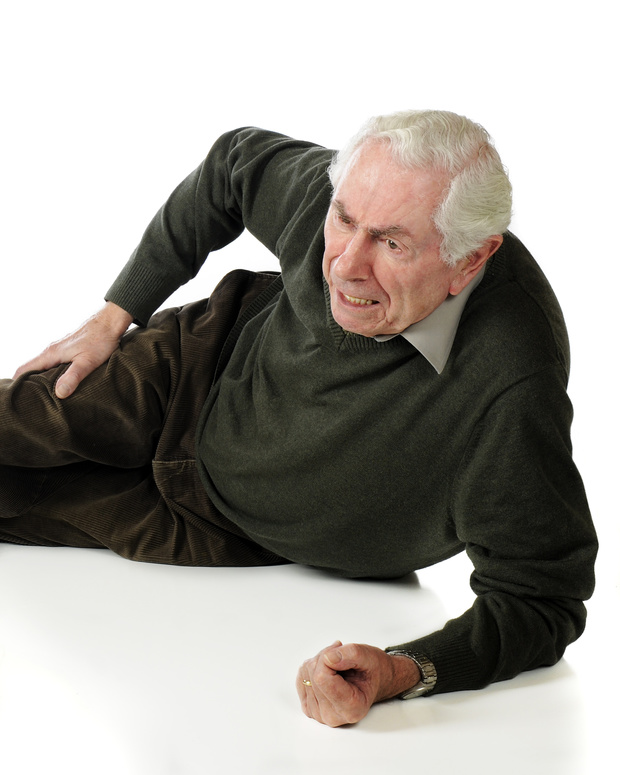September is Falls Prevention month and we are here to provide you with tips to help decrease your risk for falling.
Check Your Medications
Check with your doctor about the medications that you take. Certain medications cause drug interactions and side effects that can cause you to be at increased risk for falls. To help decrease your risk for falls, your doctor can wean or change your medications that may affect your thinking or make you feel tired.
Keep Active
Gentle exercises such as walking, recumbent bicycle, and water workouts can help to decrease your risk for falling. They help to improve your strength, flexibility, coordination, and balance. If you are weary of starting an exercise program due to falling, working with a physical therapist to create a custom exercise program can help get you moving, while in a safe environment.
Decrease Your Risk For Osteoporosis
Osteoporosis and falls risk go hand in hand. Osteoporosis causes a weakening of the bones and if you fall, you are at an increased risk of a fracture. Your healing time and risk of permanent deformity are higher with osteoporosis. Exercises aimed at improving your balance and increasing your bone density (through weight bearing and low intensity weightlifting) can decrease your osteoporosis and falls risk.
Wear Proper Foot Wear
Think about changing your footwear to help decrease your risk for falls. Wearing flip flops, high heels, or shoes with slick soles can make you lose your balance and fall. Instead, wear properly fitting, sturdy shoes with nonskid soles. Sensible shoes may also reduce joint pain.
Clear House Hazards
One of the largest reasons people fall within their home is due to hazards we all have in our homes. Make sure to remove loose rugs from your home and make sure high traffic areas are not cluttered with electrical cords or other small objects. In the bathroom, make sure you have nonslip mats in your bathtub or shower, use a bath seat if it fits, and install a bright night light if you make frequent trips to the bathroom at night.

